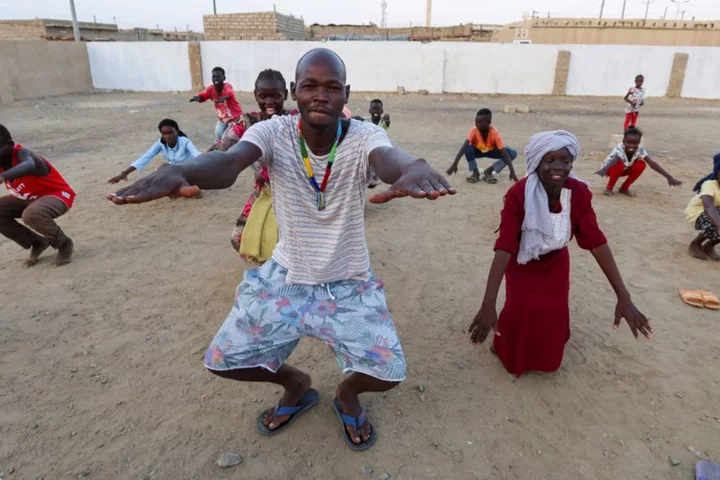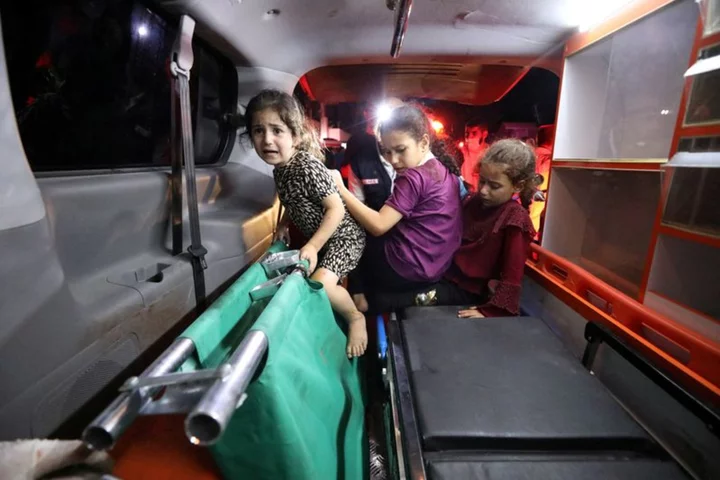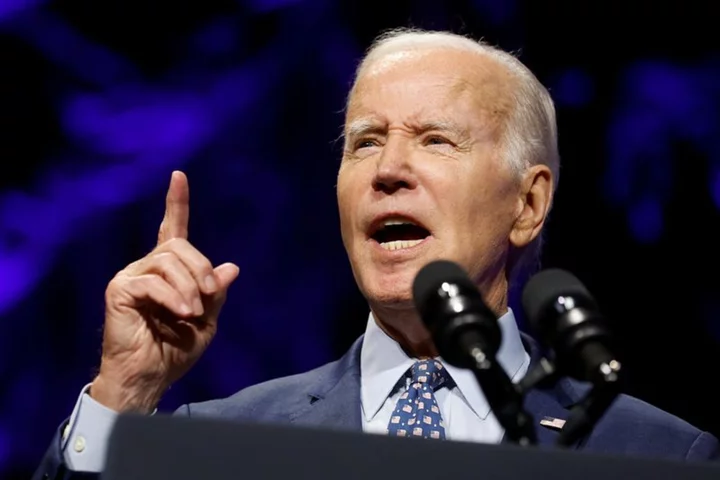By El Tayeb Siddig
PORT SUDAN, Sudan On a dusty plot in the Red Sea city of Port Sudan, General Kidi and Ganja Farmer perform tracks and rap with hand-held mics as people in the audience clap, dance and ululate.
The founders of the "Nuba Mountain Sound" band come from South Kordofan, a southern state long in rebellion against the government, and moved to the capital, Khartoum, when former president Omar al-Bashir was overthrown during a popular uprising in 2019.
Four years later the musicians, part of a cultural scene that opened up after Bashir was ousted, found themselves on the move again after war erupted in Khartoum between the army and the paramilitary Rapid Support Forces (RSF).
They are among more than 5 million people made homeless by the conflict, which has caused a major humanitarian crisis but allowed new audiences to hear their music.
"This war introduced us to many people, those who don't belong to my tribe. I got to know many people in Sudan," said 37-year-old Ganja Farmer.
The band, which was formed in 2014 partly to promote the distinctive culture of the Nuba Mountains, also participates in workshops that teach traditional music and dance.
Their tracks, sung in Arabic, English and local Nubian languages, often focus on social issues such as the rights of children to a better future.
One day they hope to tour the whole country to spread their message, said General Kidi, 29.
"We want to deliver the voice of the people of the Nuba Mountains to the rest of the people in Sudan, through music," he said.
"We show the world that this is Sudan, Sudan is not just war, Sudan has diverse traditions and music. But without peace, these things won't happen."
(Reporting by El Tayeb Siddig; Writing by Mai Shams El-Din; Editing by Aidan Lewis and Alison Williams)









